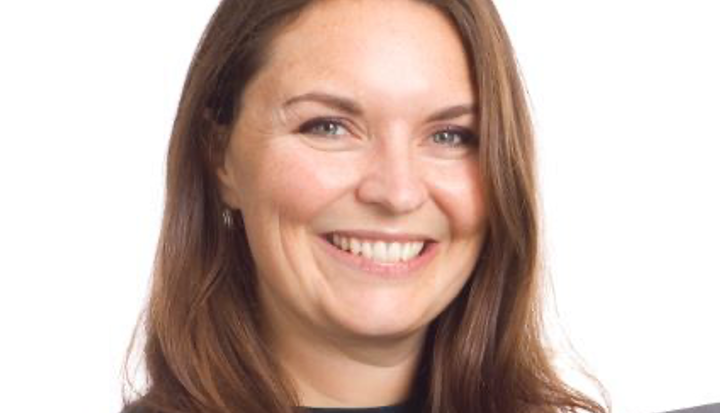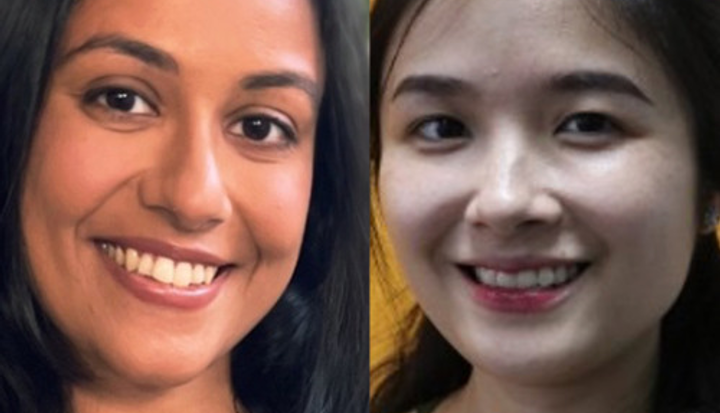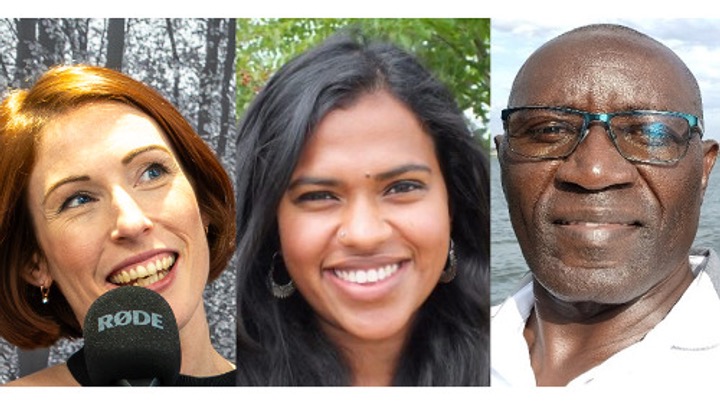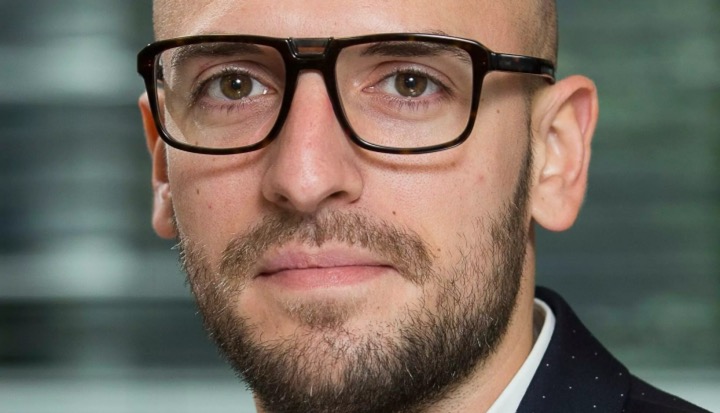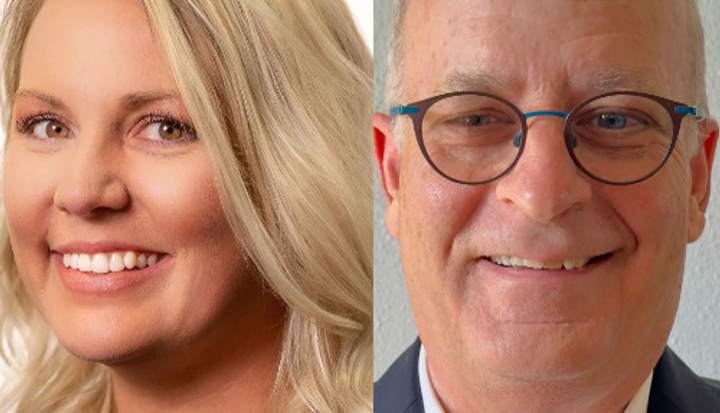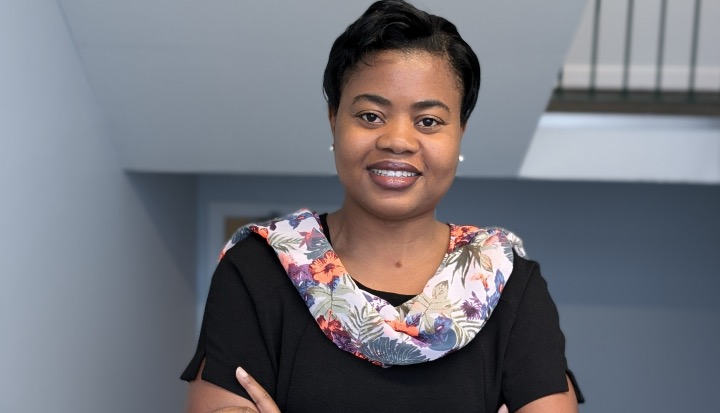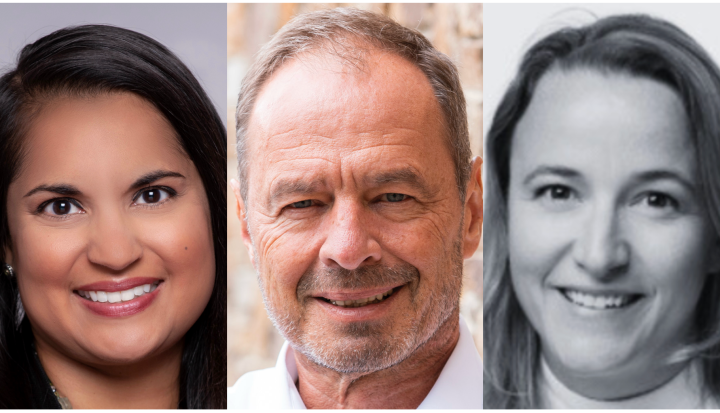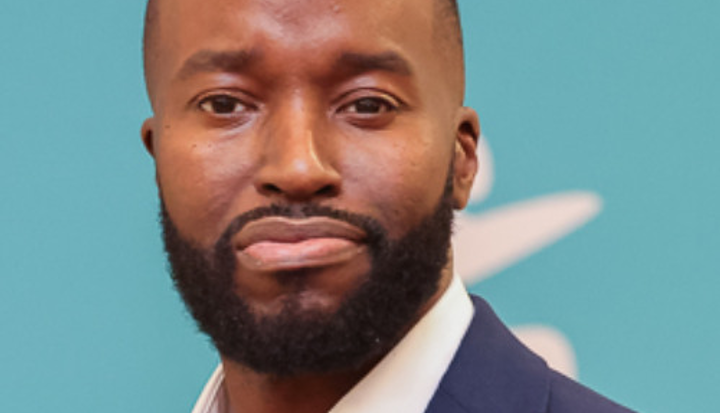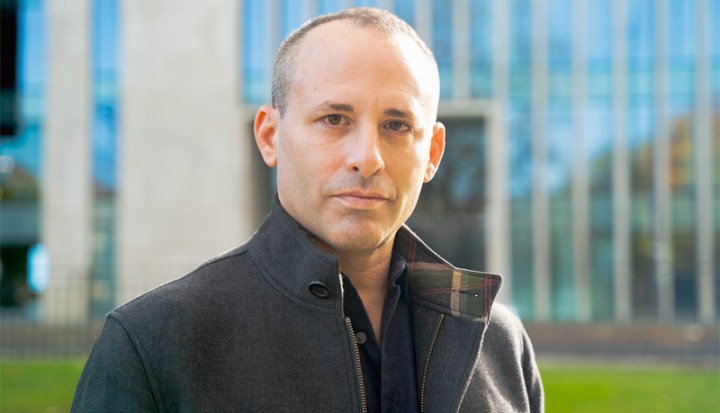BFP: What do you do?
JDK: Until July 2011, I lead SC Johnson’s Developing Markets sustainability initiatives, focused on Africa and sustainable business model adaptation and innovation to engage extremely low-income communities (ie: Base of the Pyramid, Inclusive Business, Creative Capitalism…). I originated and then managed a portfolio strategy that included supply-chain projects in Rwanda co-sponsored with USAID, urban sanitation micro-franchises in Kenya (Community Cleaning Services, CCS) and a partnership with the Bill and Melinda Gates Foundation focused on malaria. I am now leading sustainability action for SCJ Europe, but, given it has been only two months, will rely on my former position for
this profile.
BFP: What is the best part about your job?
JDK: My best days are those when I can combine in-field and strategic work. For example, being in Mathare (one of Nairobi’s largest slums) working with the CCS team in the morning and then on a conference call with SC Johnson’s leadership developing our low-income consumer plans is fascinating and challenging. It is also an honor and pleasure to work in an organization that has such a powerful history of, and is so uniquely committed to, leading innovation in sustainable enterprise.
BFP: What has been your greatest challenge (around business and development)?
JDK: Operationally one of the great challenges was to translate between the languages of development and business and to create workplans that operate and deliver on both the development and business time-frames, especially when working in cross-sector partnerships.
BFP: How have you overcome these challenges? What are the secrets of your success?
JDK: First and foremost, I have been honoured to work with fantastic people and teams. From colleagues at SC Johnson to my teams in Kenya, Ghana and Rwanda and all our partners, I can’t give everyone I have worked with enough credit. Individually, in my experience, to be effective in the emerging and evolving intersection of development and business, interpersonal, organizational and cross-sector empathy is probably the most important instinct, skill and tool. Beyond that, it can only help to have language skills and living experience in emerging markets.
BFP: If someone wants to do what you do, where should they start?
JDK: In getting started and to accelerate my career, I found it necessary to take risks with a spirit of adventure. I was in a comfortable New York strategy consulting position when I wanted to shift my career towards business and development. This was in 2002 and few jobs were then being advertised; and those organizations doing interesting work in the sector were bombarded by queries but could not distinguish “serious” from “interested”. I quit my job and moved to Costa Rica to prove I was serious and talk my way, in person, into working with a conservation and eco-tourism organization.
BFP: Finally: what do you hope to get out of being part of this community?
JDK: BFP is valuable in that it allows me to learn from others, share challenges and identify opportunities. Like most great new things, though, I am sure I am under-utilizing it! As I transition into my new role focused on Europe, and less on emerging markets, I will use BFP to keep me connected and to help me continue guiding CCS as it is spun-out from SCJ as an independent social enterprise.
Thank you to Justin DeKoszmovszky for taking the time to do this interview.
We’re always looking out for members to feature. Help us by taking two-minutes to update your profile, or by nominating someone for Business Fights Poverty Member of the Week.
Read previous Member of the Week interviews here.

